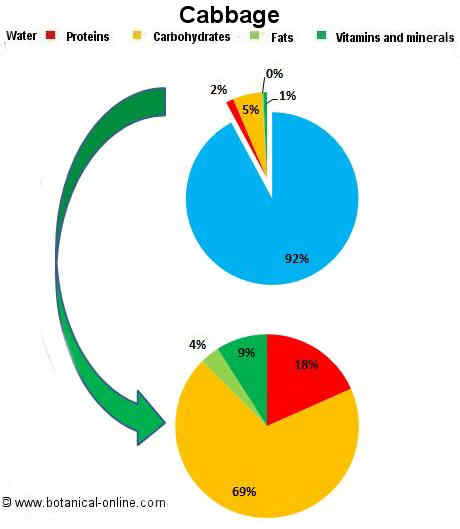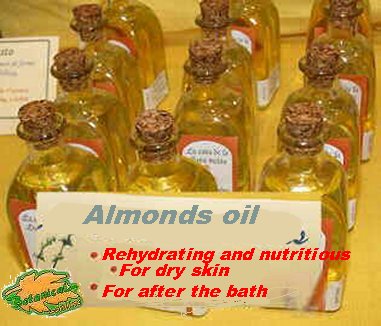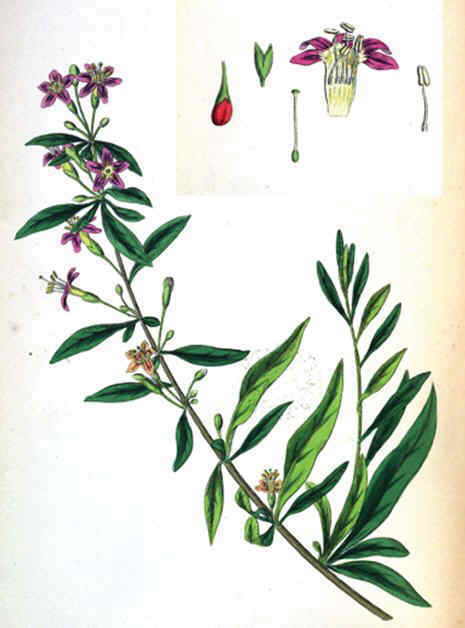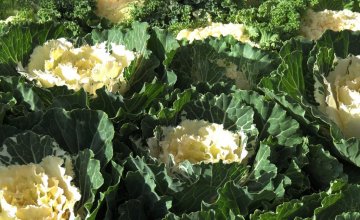Contents
Benefits of agar agar
Characteristics of agar agar
Common English name: Agar agar, ceylon moss
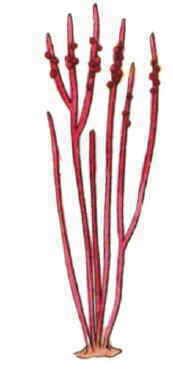
Common name in other languages:
– German: Klatschmohn
– Dutch: Agar Agar
– Spanish: Agar agar
– Catalan: Agar agar
– Basque/ euskara: Agar agar
– Galician / Portuguese: Agar Agar
– Italian: Agar agar
– French: Agar agar
Scientific names: Gelidium amansii, Gelidium corneum, Gelidium sesquipedale, mammillaris Gracilaria, Gracilaria lichenoides, Gracilaria debilis, Eucheuma spinosum, Gelidiella acerosa, Ahnfeltia plicata, Pterocladia capillacea, etc.
Habitat: In coastal and natural estuaries. Reproduced in pools or ponds.
Features: Red algae belonging to the genus Gracilaria. Gelidium, Eucheuma, Pterocladia or Ahnfeltia.
Main components of agar agar:
Traditional uses of agar agar
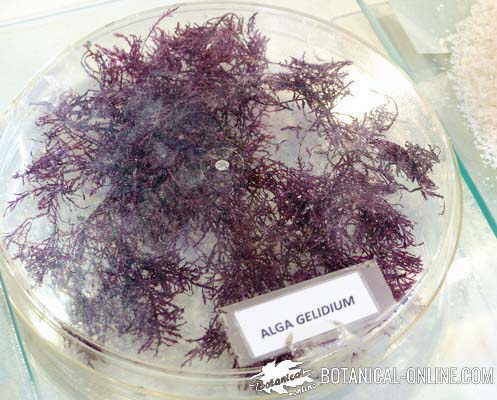
Agar agar before being processed
Since ancient times, agar agar has been used in Japan and China, together with other algae, for the treatment of obesity, constipation and to cleanse the body, because this alga cleans and alkalinizes the blood.
Agar-agar presents many medicinal properties due to its prebiotic fiber content and its high content of minerals: potassium, magnesium, iodine and calcium. This superfood can be taken in capsules or bought packed to elaborate vegetal homemade gelatin, which is ideal in the diet for constipation, obesity and cholesterol. See its detailed properties below.
MEDICINAL PROPERTIES OF AGAR AGAR
Agar agar is an ingredient that can be used for recipes, or as a food supplement. It stands out for its soluble fiber content (algarose and agaropectin).
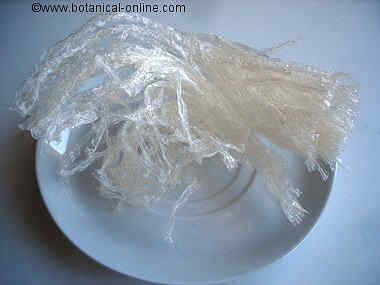
Strips of agar-agar, which are crushed with scissors and diluted in boiling water to get homemade vegetable gelatin
Internal use preparations with agar agar
Soluble fiber has effects on the digestive system by satisfying the appetite, reducing cholesterol and regulating intestinal transit. The fiber and gelatin content of this seaweed makes it suitable for many digestive anomalies. Among them we can mention the following:
- Constipation: The use of a teaspoon of agar agar powder diluted in two glasses of cold water forms a kind of gelatin that is eaten to favor intestinal evacuation. If preferred, dishes can be prepared with this gelatin to add more flavor to the seaweed, since agar agar itself is insipid. Agar is sold in capsules, flakes and strips. The flakes and strips are the ingredients that can be purchased to make homemade vegetable jelly. They serve to thicken broths, soups, fruit juices and other dishes. A spoon of agar agar powder can thicken half a liter of water or juice. Agar agar does not form a gelatin with lumps, it must be boiled for 10 minutes.
- Hemorrhoids:Agar hydrates the fecal bolus, stimulates peristalsis (movement of the intestines) and improves the microbiota or intestinal flora. This product facilitates the expulsion of feces and it is suitable in case of hemorrhoids.
- Metabolism: Agar agar can be of great help in intestinal diseases, both chronic and transient, such as diarrhea, gastroenteritis, colitis, irritable colon or Crohn’s disease. Its properties help to slow down diarrhea and improve constipation, acting as an intestinal regulator. To do this, it is recommended to accompany an adequate diet, eliminate foods that are harmful to the intestine and consult with an expert on the subject other possible indications depending on each particular case.
Agar agar for dysphagia
From a certain age, or in people with dementia and Alzheimer’s, dysphagia problems usually appear, that is, the body can not involuntarily coordinate the passage of fluids through the esophagus, which often go to the trachea, which produces a characteristic cough when swallowing water, soups or other liquids. This carries a great risk of respiratory infections.
An easy way to avoid it is to give the liquids thickened or hydrate with water, in the form of gelatins. In this sense, agar agar appears as a very interesting ingredient for the care of elderly people with dysphagia problems, who have trouble swallowing liquid foods without coughing, usually elderly people who have swallowing problems. (Add fruit, spirulina or other powdered protein supplement to get water nourishingly)
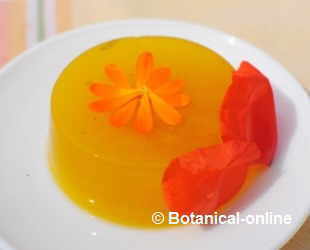
Agar agar has many therapeutic possibilities
Gelatin of agar agar for dry mouth
Xerostomia or dry mouth is an affectation that can occur in old age, at any stage of life (usually as a side effect of medical treatments), or for other causes.
It is very useful to prepare orange gelatin with ginger, as it is a moisturizing and refreshing combination of ingredients that stimulate salivary secretions. A remedy widely used for the elderly with dry mouth problems caused by glandular atrophy or as a side effect of medications. (Eat orange jelly with ginger before meals)
Toxicity of agar agar
Although agar agar does not present any toxicity, people who usually have diarrhea should control their intake and check by very moderate amounts if this product does not worsen their intestinal situation.
Some people may be very sensitive to this food, whose ingestion can cause allergy problems in the skin, manifested mainly in the form of itching.
Recipes with agar agar
Agar-agar is used as an ingredient to make jellies or thicken soups and preparations, representing an authentic therapeutic recipe for the digestive system.
It is the best ingredient to make homemade gelatins, constituting an alternative to the use of “fish tail” gelatin, which is obtained from bones, skin and animal waste.
A spoon of agar agar in powder can thicken half a liter of water. So that it does not form a gelatin with lumps, it must boil for 10 minutes …
![]() More information on agar agar.
More information on agar agar.


